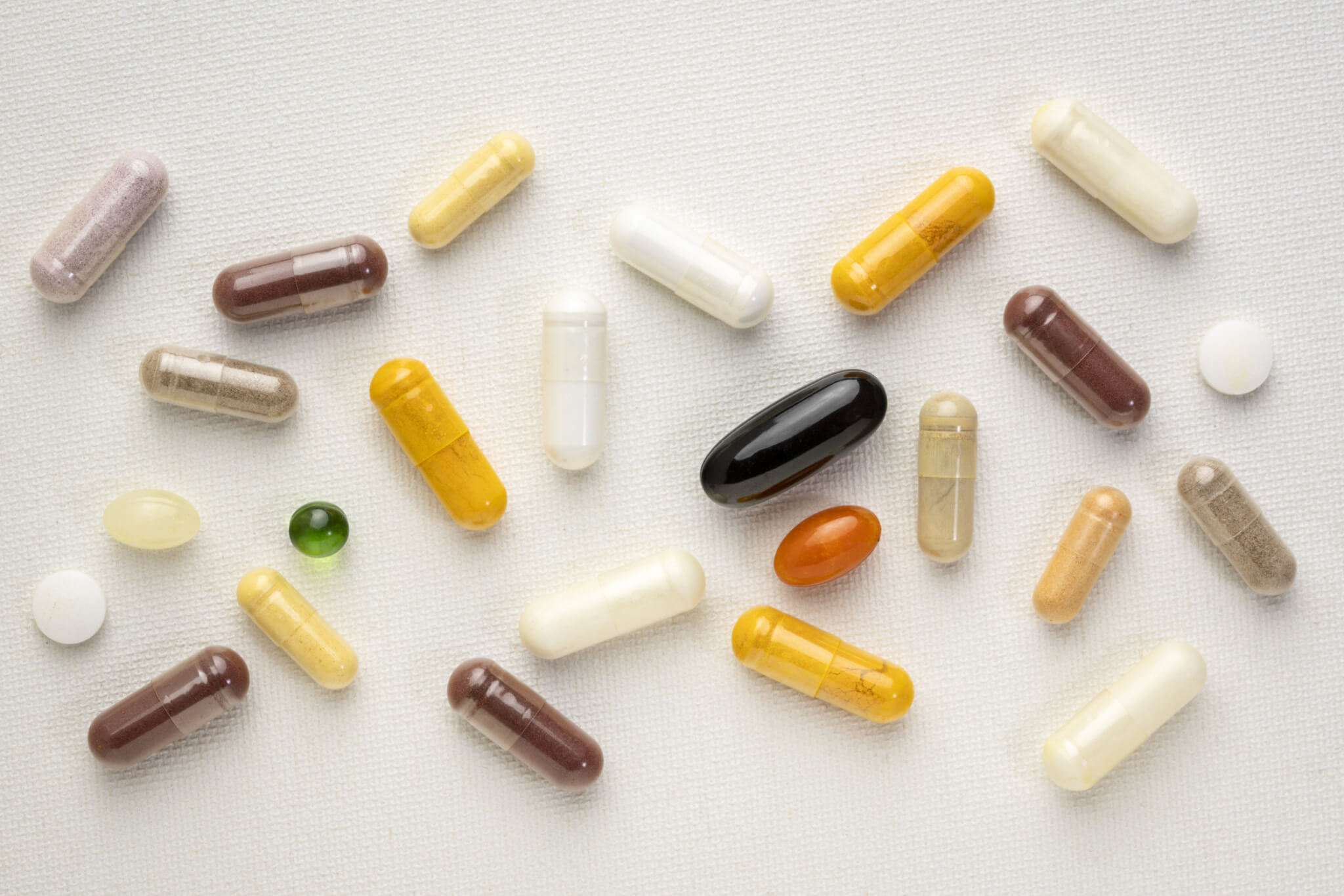About half of U.S. adults take a daily multivitamin. If you find that you’re one of them, it might be time to reconsider the old habit. There is solid evidence to support that they are largely useless, so most of the hype is just really good marketing and public relations. As a dietitian, I’ll explain why multivitamins are not a top choice for most people.
Most people see the word “multi” in multivitamin and just assume that the supplement has everything they need without knowing what it actually provides. The reality is that there is no clear-cut way to define a multivitamin, as nutrient amounts vary depending on the product.
They can come in the form of pills, gummies, powders, and even liquids. Most products say take one per multivitamin day, but always read the label for your specific brand. Generally speaking, multivitamins provide most of the essential vitamins and minerals we need on a daily basis. However, people could obtain these nutrients through food.
While some small studies have shown that multivitamins can provide certain boosts, such as improvements in memory, an overwhelming majority of research suggests that they hardly do anything at all. A recent review from the U.S. Preventive Services Task Force (USPSTF) analyzed research from 84 studies and almost 700,000 people and found that the supplements had little to no benefit for the prevention of major illnesses like cancer and heart disease. In other words, a multivitamin isn’t likely to make or break your health, and it might be better to just save your money.

Who might need multivitamins?
There are always exceptions, and some people do need multivitamins, so working with your doctor and dietitian can help better assess your specific needs. For example, some people with gastrointestinal conditions like Crohn’s Disease may need additional vitamin supplementation because of poor nutrient absorption by their bodies.
Similarly, gastric bypass surgery patients often take multivitamins for the rest of their lives due to impaired absorption. If you are on a diet that restricts several food groups for a medical reason, you may also receive a recommendation to take nutritional supplements.

Not only does research show that multivitamins provide barely any benefit for the average person, but it also shows that they could be harmful in some cases. There are two groups of vitamins: water and fat soluble.
Water soluble vitamins get excreted out of your body through urine when there is too much available in the body. However, fat soluble vitamins don’t leave the body as easily and can instead accumulate and potentially cause harm.
Vitamin A is an example of a fat-soluble vitamin that most health experts recommend consuming only through food because of the risks for toxicity. If you eat a varied and balanced diet and also take a multivitamin, you may be getting more of different nutrients than you actually need.
Depending on which nutrients they are, you either excrete the excess in your urine, risk harmful accumulation, or don’t reap any benefits at all. As a dietitian, my general guidance is always to optimize your food intake first before resorting to any sort of supplementation.
Bottom Line
Although it might feel like you’re doing the healthy thing, multivitamins are not the ticket to a clean bill of health. If you are concerned that you have nutrient deficiencies, it’s best to get tested and then supplement exactly what you need.
Multivitamins often just jam a bunch of nutrients that you don’t really need, even if you only eat a semi-healthy diet. Relying on these supplements in order to excuse an unhealthy diet is also not the best idea. One of the most efficient ways to ensure you keep your vitamin and mineral supply up is to eat a versatile diet that you can sustain long-term.
